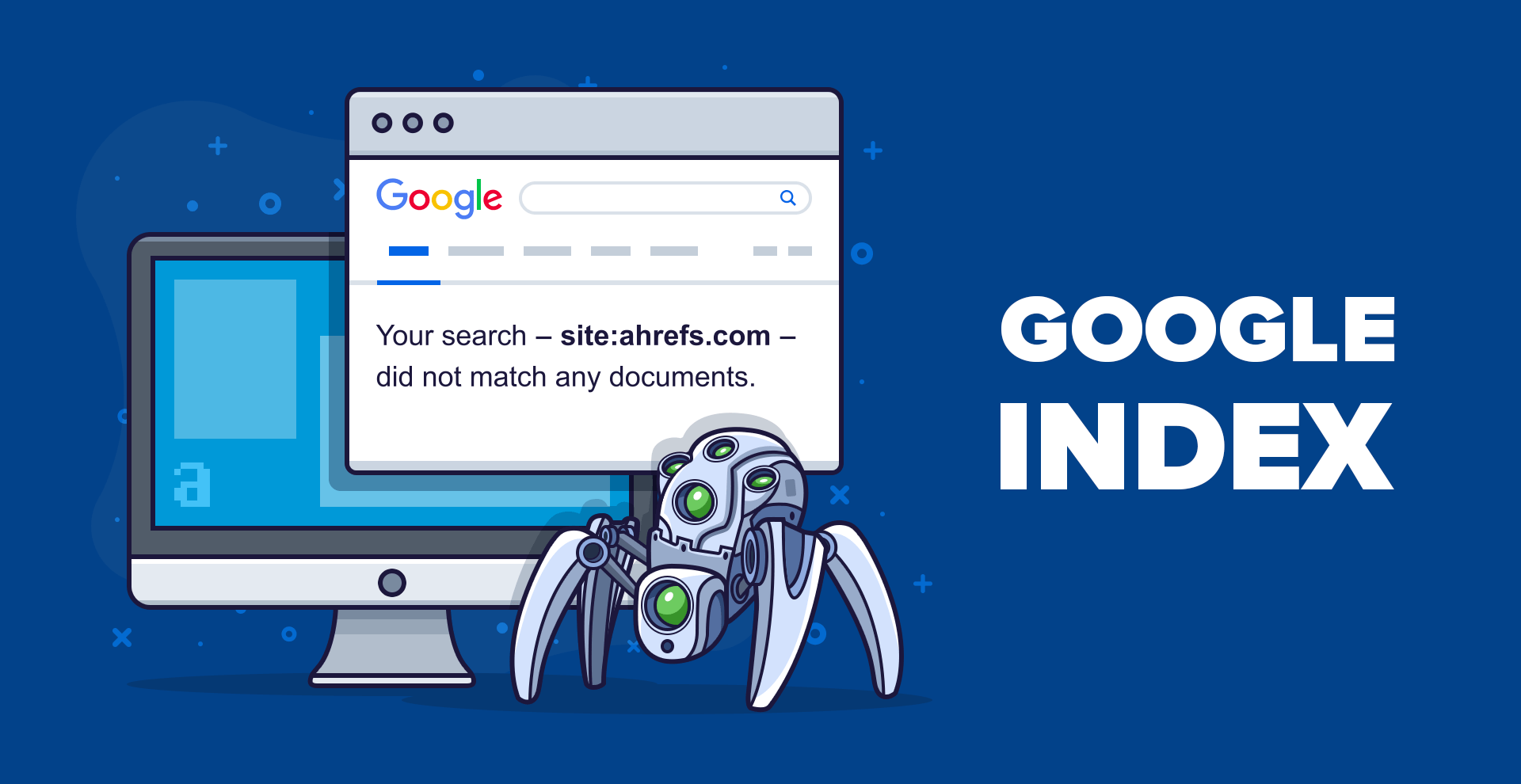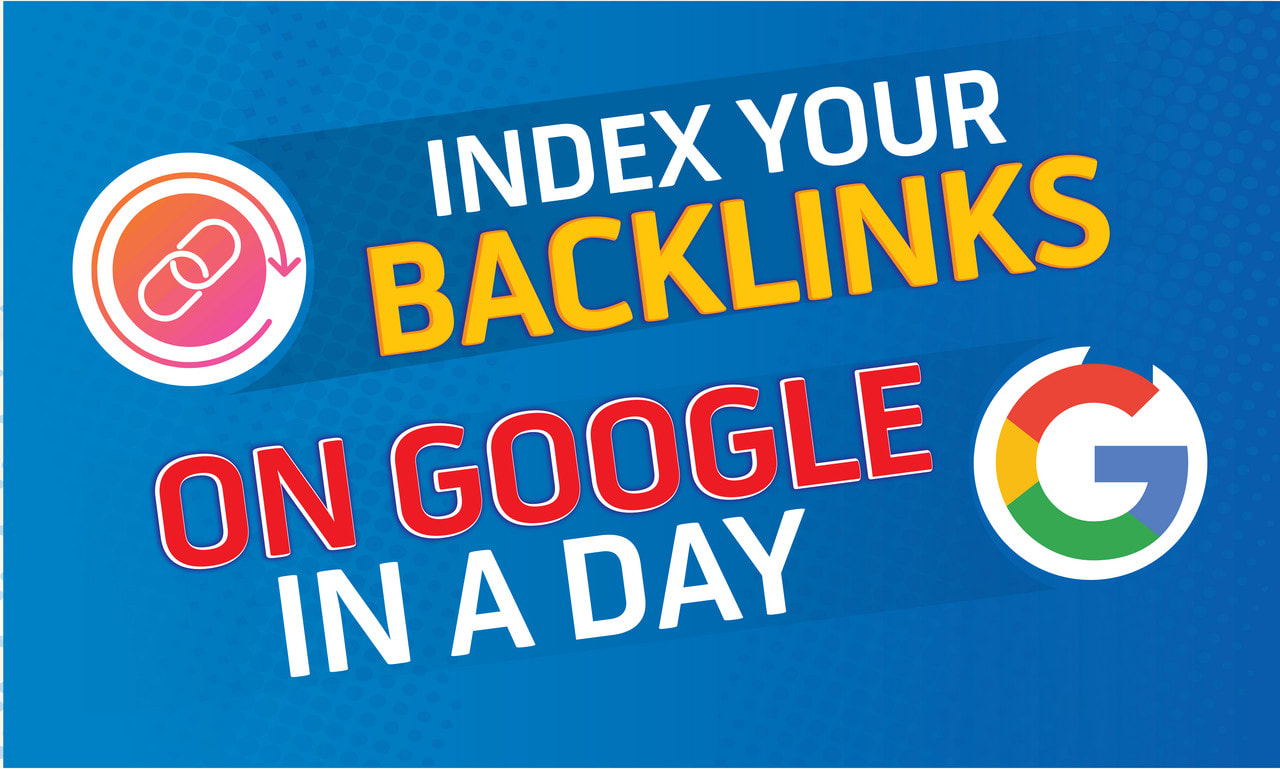Why are backlinks not indexed?
When a backlink is indexed, it means that search engines like Google have crawled and added the link to their index, which is a database of web pages and their content
Backlinks are an essential aspect of search engine optimization (SEO) that can help improve a website’s ranking on search engine results pages (SERPs). However, not all backlinks are indexed by search engines like Google, which can impact a website’s SEO efforts. In this article, we will explore the reasons why backlinks may not be indexed and how to address this issue.

What does it mean for a backlink to be indexed?
When a backlink is indexed, it means that search engines like Google have crawled and added the link to their index, which is a database of web pages and their content. When a search engine indexes a backlink, it considers it as a signal of the quality and relevance of the content on the linked web page, which can impact its ranking on SERPs.
Reasons why backlinks may not be indexed
Several reasons can lead to backlinks not being indexed by search engines, including:
Low-quality or spammy backlinks - Search engines may ignore or devalue backlinks from low-quality or spammy websites, which can result in them not being indexed.
Duplicate content - If the content on the linked web page is identical or similar to content on another web page, search engines may not index the backlink.
Robots.txt file - If the website’s robots.txt file blocks search engine crawlers from accessing the linked web page, the backlink may not be indexed.
Server issues - If the linked web page is inaccessible or experiences server errors, search engines may not index the backlink.
No follow tags - Some webmasters may use a “no-follow” tag on their links, which tells search engines not to follow or index the link.
New website or web page - If the website or web page is new, it may take some time for search engines to discover and index the backlink.
How to check if a backlink is indexed
To check if a backlink is indexed, you can use a search operator called “site:” followed by the URL of the linked web page. For example, to check if a backlink from example.com is indexed, you would search for “site:example.com” on Google. If the backlink is indexed, it should appear in the search results. However, keep in mind that search results can be personalized based on various factors, such as location and search history.
How to address backlinks not being indexed
If you discover that some of your backlinks are not indexed, there are several steps you can take to address the issue, including:
Improve the quality of your backlinks - Focus on building high-quality backlinks from authoritative websites that are relevant to your niche.
Create unique and valuable content - Ensure that the content on the linked web page is original, valuable, and provides a unique perspective that adds value to your target audience.
Remove duplicate content - If the content on the linked web page is similar to content on other web pages, consider removing or rewording it to make it more unique.
Check your robots.txt file - Ensure that your website’s robots.txt file is not blocking search engine crawlers from accessing the linked web page.
Resolve server issues - Work with your web host or IT team to resolve any server issues that may be preventing search engine crawlers from accessing the linked web page.
Remove “no-follow” tags - If you have used “no-follow” tags on your links, consider removing them to allow search engines to follow and index the links.
Conclusion
Backlinks are an essential part of SEO that can help improve a website’s ranking on SERPs. However, not all backlinks are indexed by search engines, which can impact a website’s SEO efforts. If you discover that some of your backlinks are not indexed, it’s essential to identify the reason why and take the necessary steps to address the issue.
By focusing on building high-quality backlinks, creating unique and valuable content, removing duplicate content, checking your robots.txt file, resolving server issues, and removing “no-follow” tags, you can improve your chances of getting your backlinks indexed by search engines like Google.
In summary, backlinks play a critical role in SEO, and their impact on a website’s ranking on SERPs cannot be overstated. However, not all backlinks are indexed by search engines, which can affect a website’s SEO efforts. By understanding the reasons why backlinks may not be indexed and taking the necessary steps to address the issue, you can improve your chances of getting your backlinks indexed and enhance your website’s overall SEO performance.

If you’re looking for a powerful, easy-to-use indexing service that can help you stay organized, save time, and improve your productivity, 1indexer is an excellent choice. With its advanced features, customizable options, and top-notch security, it’s a great solution for anyone looking to manage their data more efficiently. So why not give it a try today and see how it can benefit you and your business?